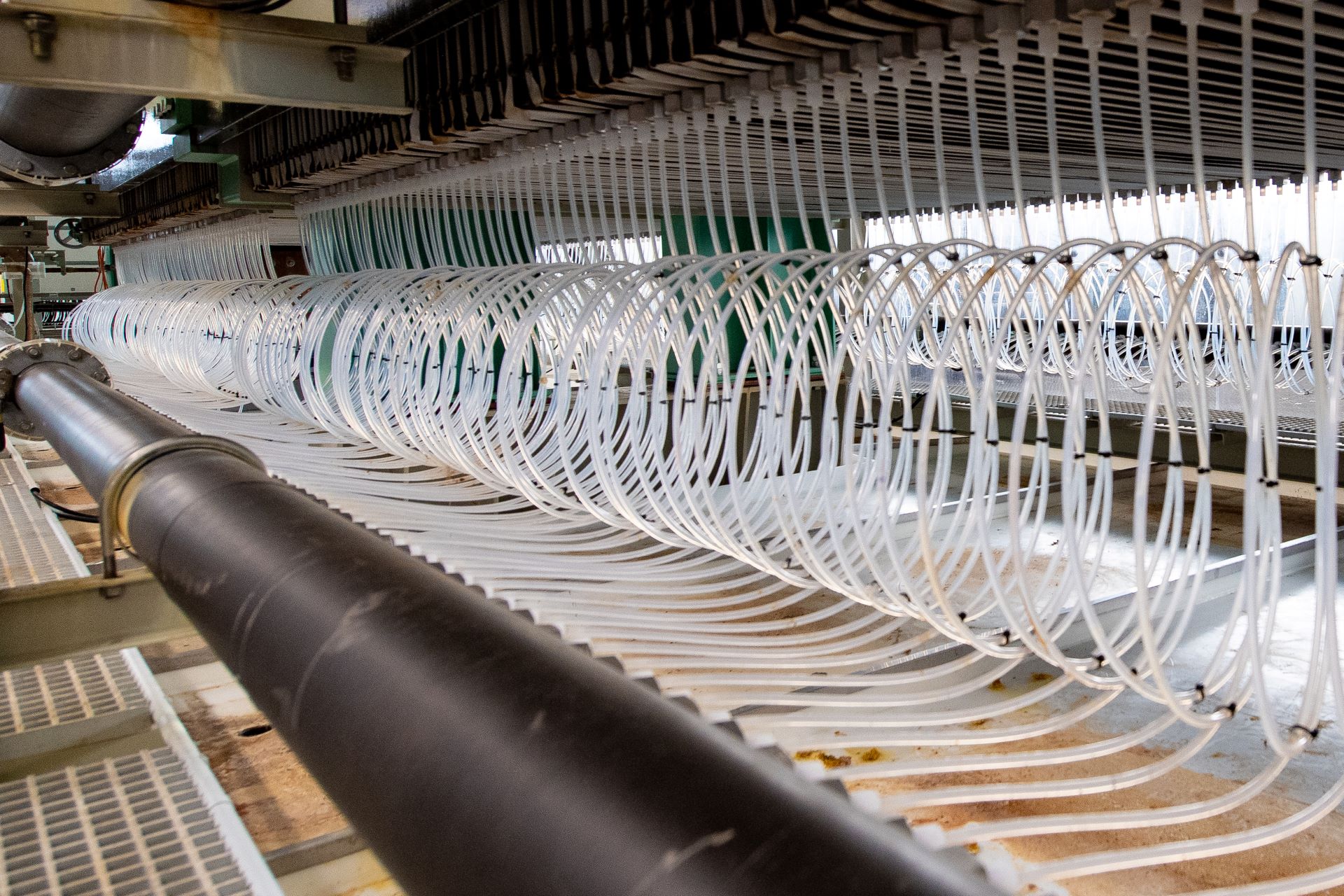Leveraging over a century of experience in salt and chlor-alkali production, we have developed an innovative process to sustainably produce lithium hydroxide monohydrate (LHM), a key component for lithium batteries. This new process aims to support the growing global demand for affordable and low-carbon lithium batteries and strengthen the European battery value chain.
Sustainable production process
The patented process converts lithium chloride into lithium hydroxide using proven chlor-alkali electrolysis. This innovation significantly reduces investment costs, operational expenses, and the environmental footprint compared to traditional methods. By utilizing existing production capacities in the Netherlands and Germany, we ensure the production of high-quality, sustainable battery chemicals.
Meeting growing demand
Lithium's high energy density is crucial for battery production, especially with the rise of electric transportation and renewable energy storage. Europe faces a shortage of affordable lithium and production capacity. Our innovative process addresses these issues by scaling up lithium-based battery production. Using existing chlor-alkali infrastructure, lithium-bearing brine is efficiently converted into lithium hydroxide monohydrate (LHM), reducing investment and operating costs.
Development and scaling
Our process has been successfully tested at pilot scale, demonstrating its potential. The next step is scaling to commercial production, with discussions underway with European and global suppliers to secure lithium chloride. Nobian is also seeking investors to meet the growing demand for LHM and is open to licensing its technology globally.
Our innovative process for producing lithium hydroxide monohydrate represents a significant advancement in sustainable battery production. By leveraging existing infrastructure and expertise, Nobian aims to support the growing demand for lithium batteries and strengthen the European battery value chain.
